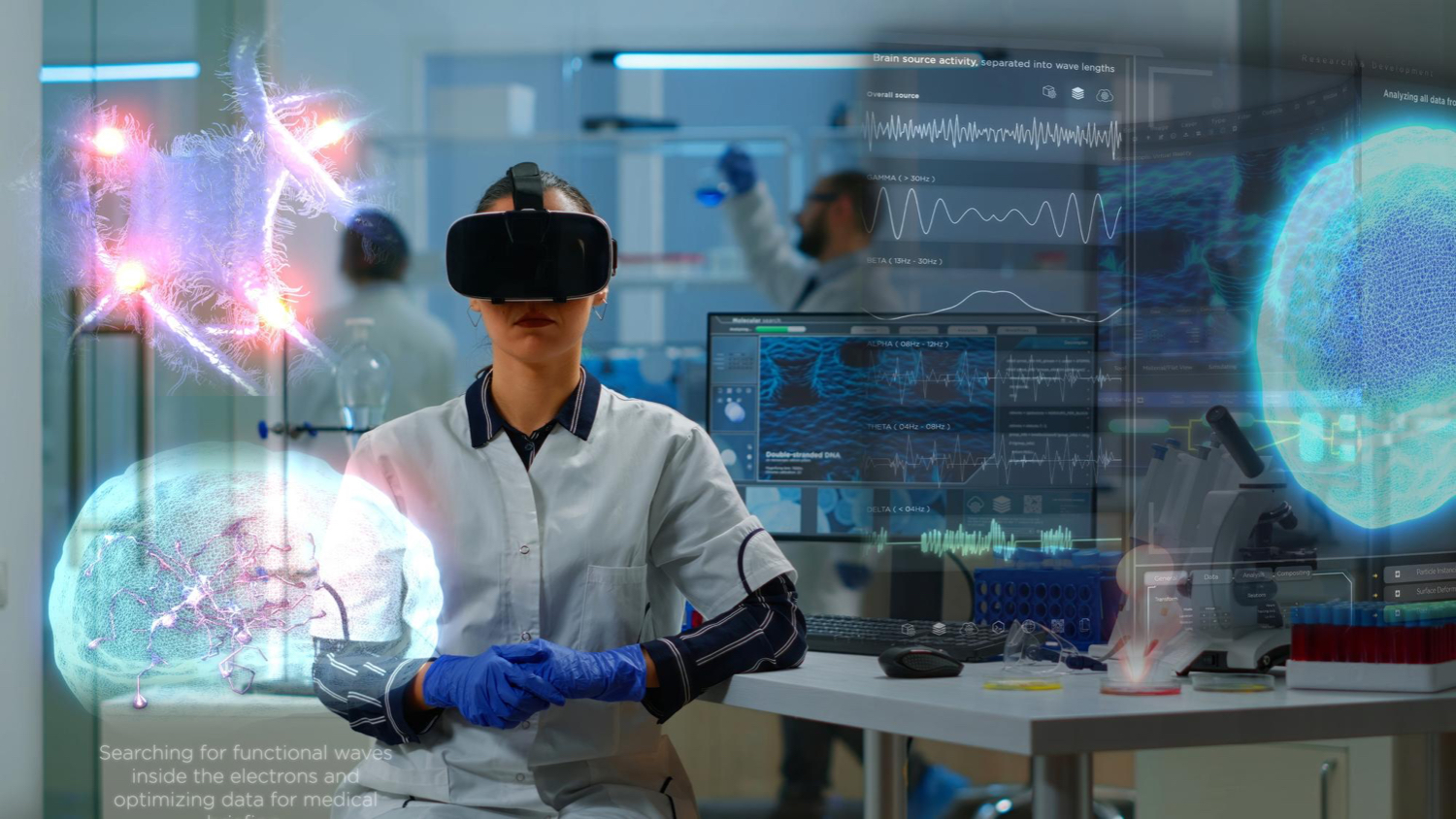
Revolutionary AI Technology in Healthcare
Microsoft has revolutionized cancer care management by launching its healthcare agent orchestrator in the Azure AI Foundry Agent Catalog. This groundbreaking system enables multiple AI agents to collaborate seamlessly, transforming how healthcare professionals manage complex oncology workflows. The introduction of this technology marks a pivotal moment in healthcare digitization, promising to address longstanding challenges in cancer care coordination and administrative efficiency.
The healthcare industry has long struggled with fragmented data systems, time-consuming administrative tasks, and the complexity of coordinating multidisciplinary care teams. Microsoft’s innovative solution addresses these pain points by creating an intelligent ecosystem where AI agents work together to streamline workflows and enhance clinical decision-making processes.
What is Azure AI Foundry’s Healthcare Agent Orchestrator?
The Azure AI Foundry platform empowers developers to design, manage, and customize enterprise-ready AI agents and applications. An agent orchestrator serves as a sophisticated system that coordinates multiple AI agents working together to complete complex healthcare tasks efficiently. This platform represents years of research and development in artificial intelligence, machine learning, and healthcare informatics.
Microsoft’s oncology-focused agent orchestrator features pre-configured agents with multi-agent orchestration capabilities and open-source customization options. This allows developers and researchers to build specialized agents tailored to their specific healthcare needs. The modular design ensures flexibility and scalability, enabling healthcare organizations to adapt the system to their unique workflows and requirements.
The system leverages advanced natural language processing, computer vision, and machine learning algorithms to process vast amounts of healthcare data. Each agent specializes in specific tasks while maintaining the ability to communicate and collaborate with other agents in the ecosystem.
Key Features and Capabilities
Advanced Healthcare Data Processing
The healthcare agent orchestrator excels at coordinating multidisciplinary, multimodal healthcare data workflows. Key capabilities include:
- Tumor board management and streamlined deployment
- Integration with Microsoft Teams and Word
- Analysis of DICOM files and pathology images
- Processing genomics data and clinical notes from electronic health records (EHR)
- Whole-slide image analysis for pathology
Clinical Workflow Enhancement
Microsoft’s system addresses time-consuming administrative tasks that typically require hours of manual work. The healthcare AI agents can:
- Build chronological patient timelines automatically
- Determine cancer staging with precision
- Reason over complex EHR data
- Provide explainable AI-generated outputs
- Ground responses in source EHR data for high-stakes healthcare environments
Enterprise Integration and Interoperability
Microsoft Ecosystem Integration
The agent orchestrator seamlessly integrates with familiar productivity tools, including:
- Microsoft Teams for collaborative healthcare discussions
- Word and PowerPoint for documentation
- Microsoft 365 Copilot for enhanced productivity
- Microsoft Fabric for enterprise healthcare data connectivity
FHIR Compliance and Data Standards
The system supports Fast Healthcare Interoperability Resources (FHIR) data services, ensuring compliance with industry standards and facilitating smooth data exchange between healthcare systems.
Real-World Implementation and Research Partnerships
Leading Medical Institutions
Major healthcare organizations are actively researching the healthcare agent orchestrator’s potential:
- Stanford University – Processing 4,000 tumor board patients annually
- Johns Hopkins
- Providence Genomics
- Mass General Brigham
- University of Wisconsin School of Medicine and Public Health
Stanford Medicine Success Story
Mike Pfeffer, Chief Information Officer at Stanford Health Care, highlighted the system’s potential: “The new healthcare agent orchestrator has the power to streamline existing workflows by reducing fragmentation and enabling new insights from challenging data elements like trial eligibility criteria and treatment guidelines.”
The Broader Healthcare AI Landscape
Microsoft’s Expanding AI Portfolio
Microsoft continues expanding its AI capabilities by recently adding Elon Musk’s xAI Grok 3 to the Azure platform. This addition strengthens Microsoft’s position in the competitive healthcare AI market.
Industry Partnerships and Collaborations
Notable healthcare partnerships include:
- Blue Shield of California’s Experience Cube platform on Azure
- Fujitsu’s cloud-based healthcare platform utilizing Azure infrastructure
- Integration with HL7 FHIR standards for medical data conversion
Impact on Cancer Care Delivery
The healthcare agent orchestrator promises to transform care delivery by reducing administrative roadblocks and enhancing clinical decision-making. By leveraging specialized, multimodal AI agents working collaboratively, the system augments clinician specialists with cutting-edge agentic AI technology.
This innovative approach to cancer care management represents a significant step forward in healthcare digitization, offering improved efficiency, better patient outcomes, and streamlined clinical workflows for healthcare providers worldwide.
Discover the latest Provider news updates with a single click. Follow DistilINFO HospitalIT and stay ahead with updates. Join our community today!


Leave a Reply